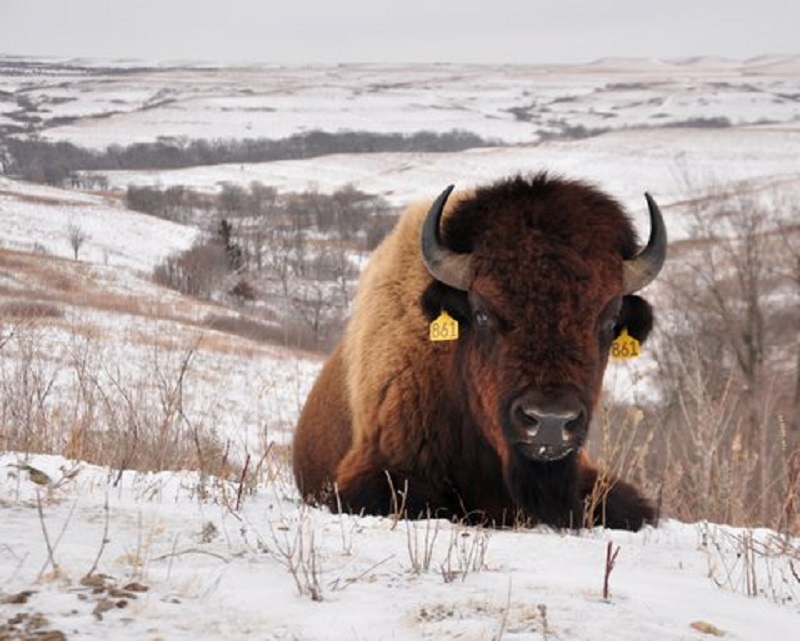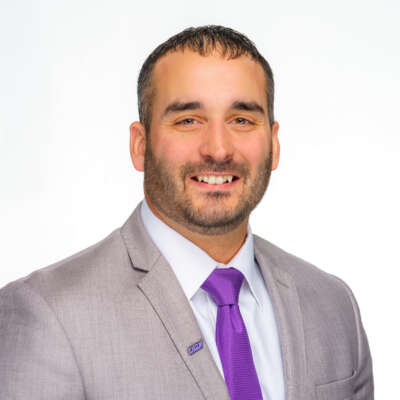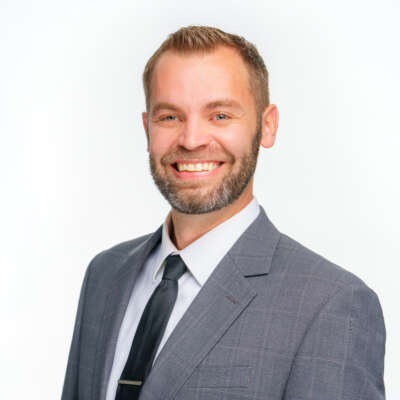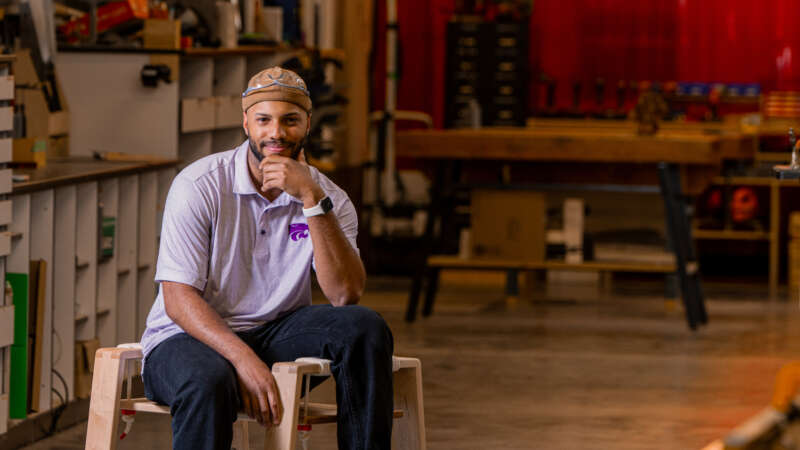The Konza Prairie Biological Station provides unique research capabilities for students and scientists
Many K-Staters have enjoyed a hike on the Konza Prairie nature trail or admired the breathtaking view from Coach Bill Snyder Highway. However, the Konza Prairie Biological Station (KPBS) has a rich scientific foundation that benefits not only K-State students and faculty, but researchers from around the world.
Nearly 50 years ago, Kansas State University partnered with The Nature Conservancy to establish the KPBS. The KPBS covers nearly 8,600 acres, as part of the Flint Hills region, which is the largest expanse of native tallgrass prairie in North America. The land is managed by the K-State division of biology. Dr. John Blair serves as the director of the KPBS, as well as a professor in the division of biology.
“Konza Prairie is a world-class field station and outdoor laboratory dedicated to research on the ecology and management of tallgrass prairies and to the generation of the new knowledge needed to more effectively manage and conserve these ecologically and economically important Kansas ecosystems for future generations,” said Blair.
Watersheds, large natural drainages, partition the land into different parcels. Each of these parcels is assigned a different fire and/or grazing treatment, which represent some of the longest continuous fire and grazing experiments in the world. The fire treatments include historic fire frequencies and contemporary management practices while the grazing treatments involve bison and cattle.
In addition to documenting ecological responses to these practices, the KPBS supports a wide variety of other studies including climate change, prairie restoration and stream ecology. The National Science Foundation funds two major research programs at the KPBS: a Long-Term Ecological Research (LTER) program and the National Ecological Observatory Network (NEON).
With such a wide variety of research capabilities, more than 1,600 peer-reviewed scientific papers have been produced from “Konza” research, as well as features in many books, magazine articles and videos. The KPBS has supported research for not only multiple colleges at K-State, but 20 additional U.S. and international universities.
While nearly 300 graduate students have completed research projects at the KPBS, research is not reserved just for graduate students. Many undergraduate students participate in research projects and visit the KPBS for class field trips and research tours. Both undergraduate and graduate students can encounter real-world training and employment opportunities through the KPBS.
Beyond university students and professional researchers, between 2,500 and 3,000 school children visit the KPBS each year as a part of the Konza Environmental Education Program (KEEP). Through this opportunity, children from as far away as western Kansas are provided with informative field tours and educational experiences. Additionally, children can participate in hands-on science activities through the Konza Schoolyard Long-Term Ecological Research program.
Philanthropic support is essential for maintaining the possibilities provided by the KPBS. Specifically, gifts enable the KPBS to manage and preserve the exceptional prairie habitat and native biodiversity of the site, and provide the infrastructure to support research activities. By supporting these conservation goals, more researchers are able to discover essential knowledge about the natural world through the KPBS.
“While federal grants fund some of the specific research projects and activities at the Konza, the station depends on philanthropic support for our educational and training activities and to increase our capacity to support both K-State and visiting researchers at the station,” said Blair.
If you would like to donate to the essential research of Konza Prairie Biological Station, visit Kansas State University · GiveCampus .
Written by: Ariana Brancato





